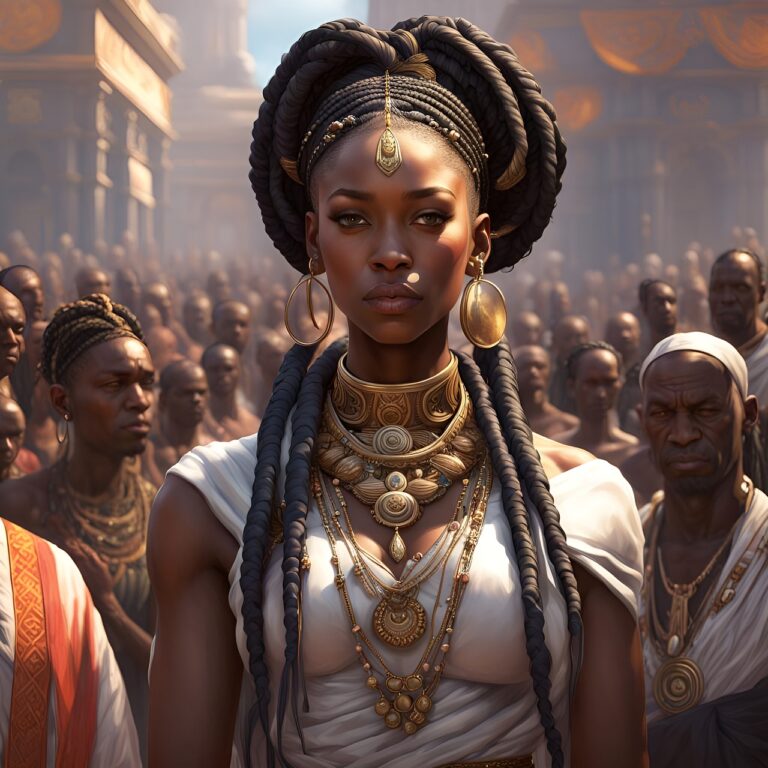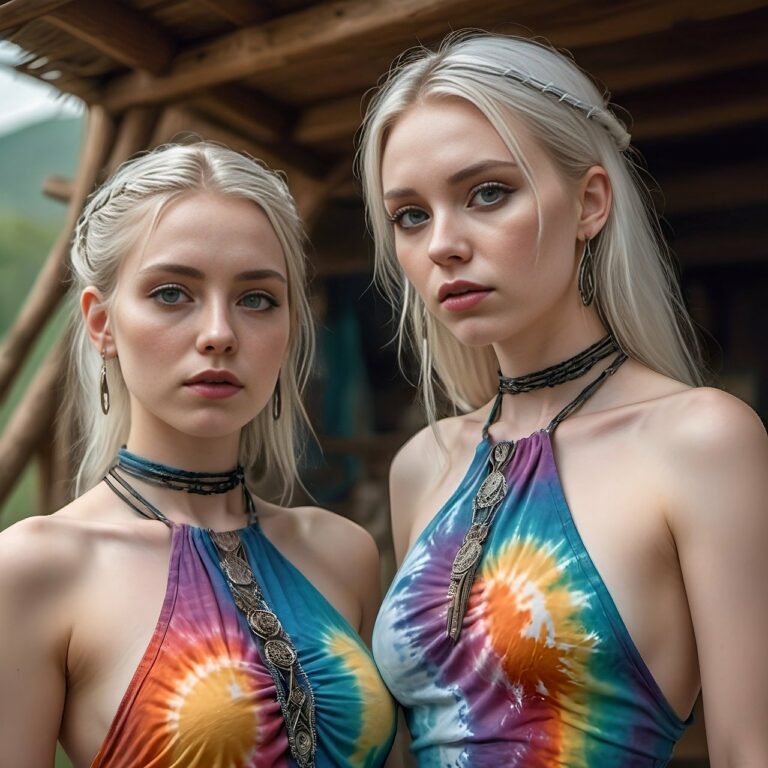Fashion and Mental Health: Addressing Body Image Issues in the Industry
Unrealistic beauty standards permeate our society, dictating what is deemed attractive and acceptable. From airbrushed models in magazines to filtered images on social media, the idealized image of beauty often sets unattainable expectations for individuals. This relentless pursuit of perfection can lead to feelings of inadequacy, low self-esteem, and poor body image among those who do not fit the mold. The pressure to conform to these standards can have detrimental effects on one’s mental health and overall well-being.
Furthermore, the perpetuation of unrealistic beauty standards can contribute to a culture of comparison and competition, where individuals constantly measure themselves against an unattainable ideal. This can create a toxic environment that promotes self-doubt and self-criticism. As a result, many people feel pressured to go to extreme lengths to achieve the desired look, whether through excessive dieting, cosmetic procedures, or other harmful behaviors. It is essential to recognize the damaging effects of these beauty standards and work towards promoting a more inclusive and realistic definition of beauty.
The Role of Social Media in Shaping Body Image
In today’s digital age, social media plays a significant role in shaping body image perceptions among individuals, especially impressionable young adults and teenagers. Platforms like Instagram, Facebook, and TikTok are flooded with curated images showcasing unrealistic beauty standards, promoting a culture of comparison and perfectionism. These platforms often glorify a narrow definition of beauty that is unattainable for many, leading to feelings of inadequacy and low self-esteem among users.
The continuous exposure to edited and filtered images on social media can create a distorted sense of reality, where individuals feel pressured to conform to these idealized standards in order to gain social acceptance and validation. Influencers and celebrities often endorse products and lifestyles that perpetuate these beauty ideals, further reinforcing the idea that one must look a certain way to be considered attractive or successful. As a result, many individuals may resort to extreme measures such as crash diets, cosmetic procedures, or excessive exercise to strive for an unattainable perfection portrayed on social media platforms.
The Pressure to Conform to Industry Norms
In the world of fashion and beauty, adhering to industry norms is often seen as essential for success. Models, actors, and influencers are constantly bombarded with expectations regarding their appearance, body size, and style choices. This pressure to conform can lead to individuals feeling compelled to meet certain standards in order to secure work opportunities and gain validation from peers and audiences.
From maintaining a certain body weight to following trend-driven styles, the pressure to conform to industry norms can have detrimental effects on individuals’ mental and physical well-being. The unattainable beauty standards set by the industry can contribute to body image issues, low self-esteem, and unhealthy behaviors such as extreme dieting or excessive cosmetic procedures. Despite increasing calls for diversity and inclusivity, there is still a pervasive belief that only those who conform to a narrow definition of beauty can achieve success in the competitive world of fashion and entertainment.
The pressure to conform can lead to individuals feeling insecure about their appearance
Unrealistic beauty standards can contribute to body image issues and low self-esteem
Extreme dieting and cosmetic procedures may be a result of trying to conform to industry norms
Despite calls for diversity, there is still a belief that only a narrow definition of beauty leads to success in the fashion and entertainment industries
How do unrealistic beauty standards affect individuals in the industry?
Unrealistic beauty standards can lead to low self-esteem, body image issues, and pressure to conform to a certain look in order to succeed in the industry.
What role does social media play in shaping body image?
Social media platforms often promote narrow beauty standards, leading individuals to compare themselves to others and feel inadequate if they do not meet those standards.
Why do individuals feel pressure to conform to industry norms?
The pressure to conform to industry norms stems from a desire to be successful and accepted in the competitive world of fashion and beauty. Failure to adhere to these norms can result in being overlooked for opportunities.







